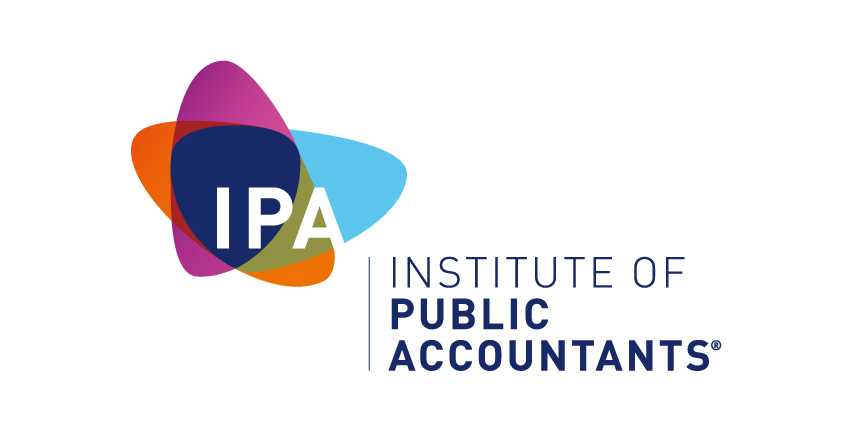JOBMAKER: FEW TWEAKS TO MAKE IT BETTER FOR SMALL BUSINESS
30 October 2020
“Overall, the Institute of Public Accountants (IPA) is very supportive of the JobMaker measure as it is essential that Australia’s economy not only recovers but also expands through job creation,” said IPA chief executive officer, Andrew Conway.
The IPA expressed some concerns over the JobMaker Hiring Credit and small business eligibility, in its submission to the Senate Economics Legislation Committee: Inquiry into Economic Recovery Package (JobMaker Hiring Credit) Amendment Bill 2020 (provisions).
“The JobMaker Hiring Credit Budget 2020-21 fact sheet indicates that employers who had no employees as at 30 September 2020, will not be eligible for the first employee hired but will be eligible for second and subsequent hires. This effectively means that a sole trader needs to employ two additional employees to qualify for one JobMaker hiring payment.
“This could be a lost opportunity considering there are currently more that 1.2 million small business entities that are non-employing. Just think of the numbers that could have been incentivised to employ for the first time but may not have the capacity to employ two staff.
“The fact that these payments are paid in arrears is also an issue, as it doesn’t help an entity with cash flow concerns. Even though the proposal is for businesses to start employing from 7 October, the earliest they will receive a JobMaker hiring payment will be after 1 February 2021. This may be counterproductive for those small businesses which would otherwise hire new employees.
“We are pleased that the Australian Taxation Office (ATO) will administer the JobMaker Hiring credit. It has proven to be capable of administering JobKeeper, where it was able to put systems in place within a relatively short period of time which was a credit to its capability.
“Another concern is that an employer needs to be reporting through Single Touch Payroll (STP) in order to be eligible even though it is not mandatory for all employers to be STP compliant until 30 June 2021. We understand the ATO’s preference to deal with an employer who is STP compliant, however, this could preclude many smaller employers (one to four employees) who are not currently required to be STP compliant. In comparison, JobKeeper did not favour employers using STP, and was more inclusive in its design.
“It is unclear as to whether employers who are on JobKeeper will be ineligible for JobMaker. Given that JobKeeper payments cease on 28 March 2021, the IPA believes that these employers should be permitted to transition to JobMaker after this date. The continuity of payments would assist in the recovery effort and help to ensure their ongoing viability.
“The IPA’s view is that these features, especially when considered collectively, detract from the policy objective of incentivising employers to take on additional employees,” said Mr Conway.
